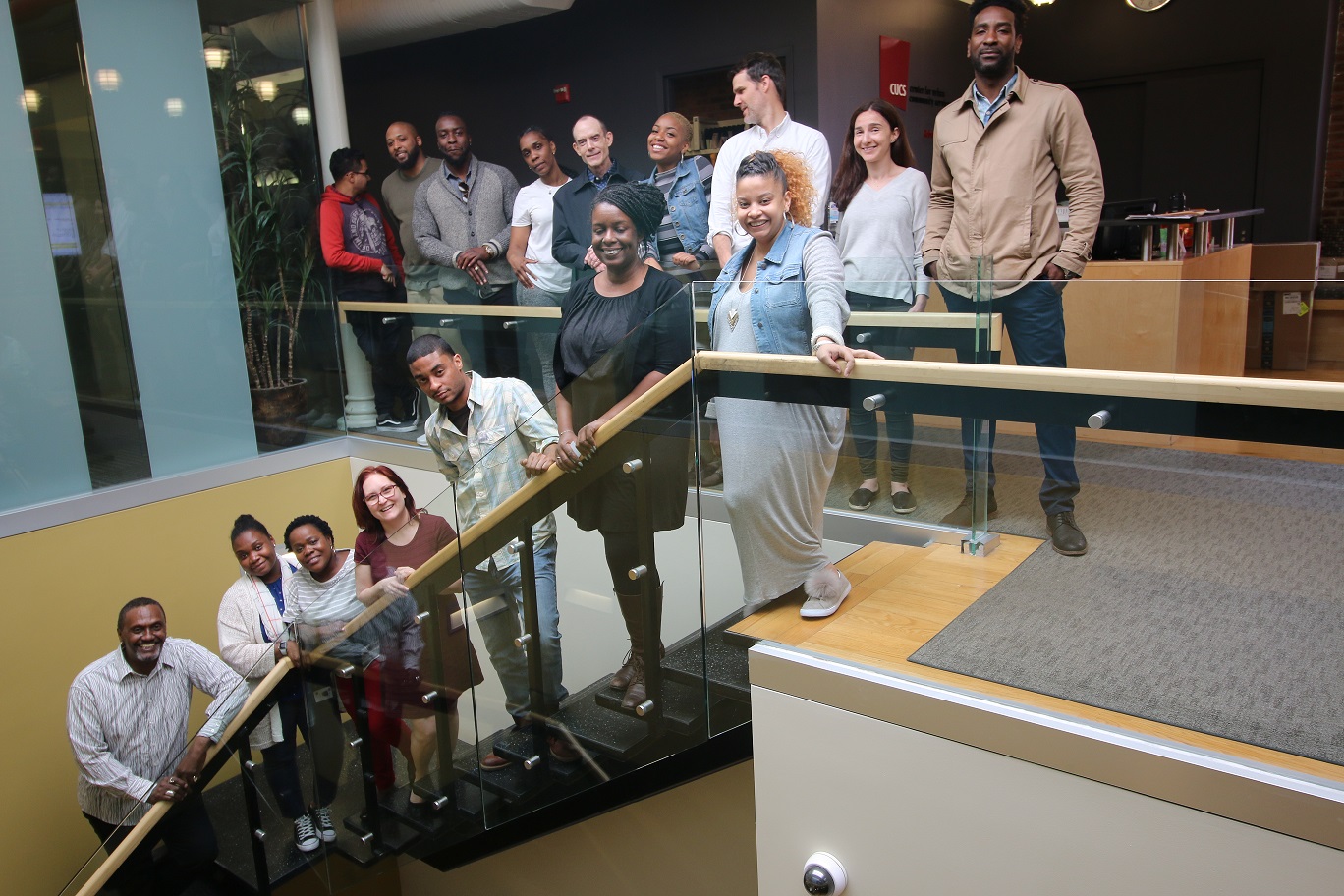Blog

The Uptown: An Evolving Community, Part II
August 15, 2017Our Uptown program was the first supportive housing initiative to integrate mentally ill, homeless and low-income individuals. Started in 1985 through a unique partnership with Broadway Housing, the program grew and is now comprised of six residences located in Washington Heights and Harlem. As the Uptown program expanded, so did CUCS’ understanding of supportive housing and community building.
In the beginning, most of the residents at the Uptown sites were single adults and the buildings had shared amenities. As time went on, family units and apartment style living were introduced, expanding CUCS’ ability to serve different populations.
It became clear that “people with different backgrounds could be housed together and build great, integrated communities” says Russell Baptist, long-time CUCS staff member and current Uptown and Scattered Site Senior Program Director. “When we started the supportive housing model was just beginning to take shape and the Heights was one of the first supportive programs in the nation.”
Staff also took the tenants on outings to encourage them to make memories, socialize and learn. Residents and staff would go to parks, restaurants and museums. Families visited children’s museum frequently to give the kids the opportunity to learn in an interactive setting. “We wanted them to see museums outside of class trips. It was really great for the children to get involved,” Russell says.
Today, the Uptown program continues to evolve. With Home to Stay closing, Uptown is once again going to oversee the Scattered Site program.
Scattered Site began as a way for CUCS to keep people on as clients when they moved out of our buildings. It has expanded over the years and Russell hopes to give the program the ability to serve more families. He has also made it his mission to educate the landlords that the program partners with on supportive housing, our clients, and CUCS’ services. “Cultivating relationships on this level could help us facilitate conversations if any problems were to arise,” explains Russell.
Russell describes his work as a vocation, not a job or a career. “I say it all the time, reach out and touch somebody’s hand, make this world a better place if you can, try a little kindness and you’ll see, something that comes naturally,” Russell says.
